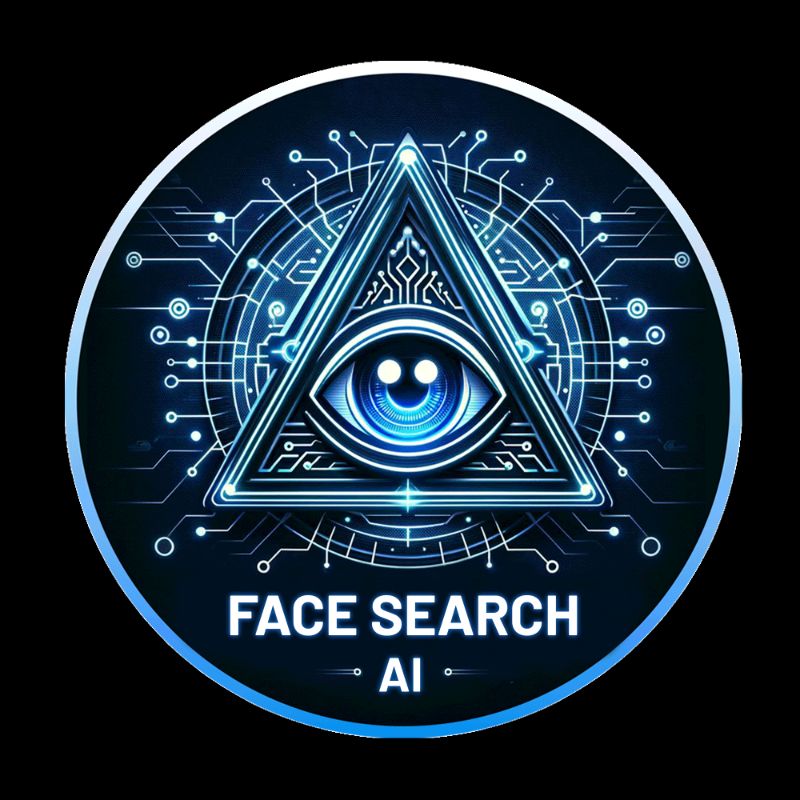
Glean
Glean is an AI platform that connects company data, enabling search, workflow automation, and insights.
Browse our elite collection of AI agents and build your digital workforce in minutes, not months.

Glean is an AI platform that connects company data, enabling search, workflow automation, and insights.

GLBNXT is a generative AI platform for enterprise data analysis, simplifying tasks with natural Q&A and AI-driven insights.

FacesearchAI revolutionizes identification by scanning photos and videos to find individuals’ online images and videos.

AI-powered search engine for applications, using embedding models for more relevant and precise results.

An AI platform for enhancing due diligence, market intelligence, and investment research for VCs and investors.

AI platform for fast summarization and analysis of scientific papers, making research more accessible.

AI survey tool for businesses, researchers, and HR, ensuring secure, privacy-focused data collection and analysis.

AI-powered search engine providing real-time, accurate, and intuitive web search experiences.

AI-powered research tool for academic writing, reading, data analysis, and transcription.

AI-powered web research and enterprise search platform designed for consultants and B2B sales teams
AI research tools improve the research process by automating data collection, analysis, and interpretation, speeding up the process, reducing human error, and providing insights that researchers may not have identified manually. AI also helps identify trends and patterns across large datasets.
Some of the best AI tools for research include IBM Watson, Zotero (for reference management), EndNote (for managing references), Google Scholar (for literature search), NVivo (for qualitative analysis), and Scopus (for data analytics).
AI-powered research tools help by using machine learning algorithms to process large volumes of data, identify patterns, make predictions, and visualize data, allowing researchers to interpret complex datasets more easily and gain actionable insights faster.
AI enhances productivity by automating repetitive tasks, such as data entry, literature searches, and data preprocessing, allowing researchers to focus on higher-level analysis, hypothesis testing, and writing rather than manual data handling.
Key benefits include time savings, improved accuracy, faster insights, automated data analysis, improved decision-making, and the ability to handle large datasets efficiently, helping researchers make more informed decisions.
AI research tools improve accuracy by using advanced algorithms to detect patterns and relationships in data that humans may miss. They also reduce human error, optimize data processing, and can help validate results through predictive analytics and machine learning models.
AI tools assist with qualitative data analysis by using natural language processing (NLP) to analyze text data, identify themes, extract insights, and automate sentiment analysis or coding, making it easier to work with large amounts of qualitative data like interviews and surveys.
AI tools support data-driven decision-making by providing real-time insights, predictive models, and visual analytics, allowing researchers to make decisions based on quantitative evidence and patterns identified from vast datasets.
In scientific research, tools like Google DeepMind, TensorFlow (for machine learning), IBM Watson for Science, SciPy (scientific computing), and ArXiv (AI for papers) help in tasks such as data modeling, simulations, and research analysis, speeding up scientific discovery and analysis.
AI tools used in scientific research include DeepMind (for AI-driven research), TensorFlow (machine learning), MATLAB (data analysis and modeling), IBM Watson for Oncology (cancer research), and Nature AI (AI in scientific publications). These tools help analyze data, simulate experiments, and provide insights into scientific discoveries.